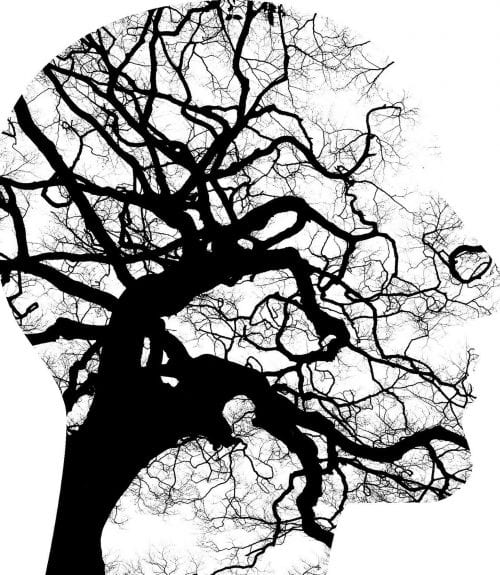Hunger, Starvation, and Appetite
 Hunger, starvation, and appetite are often used interchangeably, but they represent distinct physiological and psychological states. Understanding the differences between these terms is crucial for comprehending the complex relationship between food consumption and human well-being.
Hunger, starvation, and appetite are often used interchangeably, but they represent distinct physiological and psychological states. Understanding the differences between these terms is crucial for comprehending the complex relationship between food consumption and human well-being.
Hunger
Hunger is a biological sensation triggered by physiological cues, primarily the depletion of glucose and other nutrients in the bloodstream. It is a natural mechanism that prompts individuals to seek out and consume food to replenish their energy reserves. Hunger is a normal and essential part of human existence, and it is often accompanied by feelings of weakness, lightheadedness, and irritability.
Starvation
Starvation is a severe and life-threatening condition that occurs when an individual’s body is deprived of food for an extended period. It is characterized by a significant loss of weight, muscle mass, and body fat, as well as a weakened immune system. Starvation can lead to a variety of health problems, including malnutrition, organ failure, and death. While hunger is a temporary sensation that can be addressed by consuming food, starvation is a chronic condition that requires sustained nutritional intervention.
By the way, some may mistakenly equate fasting with starvation, but these two concepts are distinct. Fasting is a voluntary practice of abstaining from food or drink for a predetermined period, often motivated by religious, spiritual, or health considerations. Fasting can have potential benefits, and it is essential to differentiate it from starvation, which is a life-threatening condition resulting from prolonged deprivation of food.
Appetite
Appetite is a psychological desire for food that is influenced by a variety of factors, including sensory cues, emotions, and cultural norms. It is often associated with the anticipation of pleasure or enjoyment derived from eating. Unlike hunger, which is a biological necessity, appetite is a learned behavior that can be influenced by social, environmental, and psychological factors. For example, the sight, smell, or taste of a delicious meal can stimulate appetite, even if the individual is not physically hungry.
Closing Thoughts
Hunger, starvation, and appetite are distinct concepts that are interrelated but not synonymous. Hunger is a biological sensation that prompts individuals to seek out food, while starvation is a severe condition that occurs when the body is deprived of food for an extended period. Appetite is a psychological desire for food – a learned response – that is influenced by a variety of factors.

Matthew A. Webster, MA, MS, ED.D, LPC
Dr. Matt Webster is a professional educator, nutritionist, and therapist located in the Houston, Texas area. He specializes in couples therapy, sexuality, and maladaptive eating patterns with a focus on the role of nutrition. More About Matt >>
Last modified:









